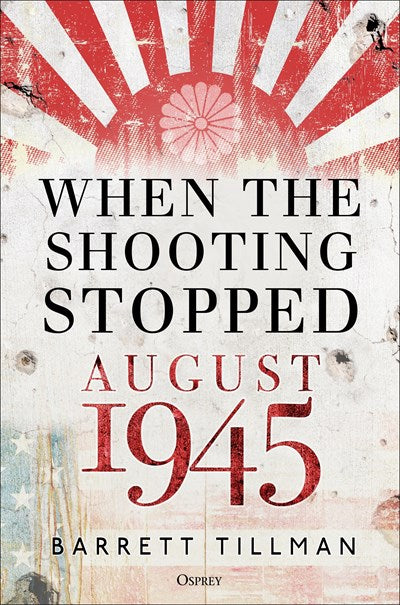Barrett Tillman is supremely qualified to tell the story of VJ Day. An award-winning author and historian, he has lengthy ties to the US Air Force, Navy and Marine Corps, and the British Royal Navy. He has lectured at the Smithsonian and the Naval War College. His volumes regularly are book club selections, including the Book of the Month club. He has more than dozen TV appearances on PBS, the History Channel, and C-Span. Following five decades as an aviation, naval and military historian, the VJ Day story is Barrett Tillman's masterstroke.
Barrett Tillman is a professional author and speaker with more than 40 nonfiction books as well as novels to his credit. His first book, published in 1976, remains in print today as do most of his subsequent titles.
He holds seven awards for history and literature including the 1996 Tailhook Association Lifetime Achievement Award and third place in the US Naval Institute Prize in 2009. Tillman has appeared in more than a dozen documentaries including The History Channel's
Dogfights. Detailed research is a hallmark of Tillman's work. The son of a World War II aviator, he learned to fly at a young age and has logged hundreds of hours in historic aircraft. Therefore his narratives feature details not only of how fliers from many nations performed their missions, but the sound, sensation and feel of mid-20th century aircraft. His combination of research, writing and cockpit immediacy are rare today and unequalled. Barrett is based in the US.

